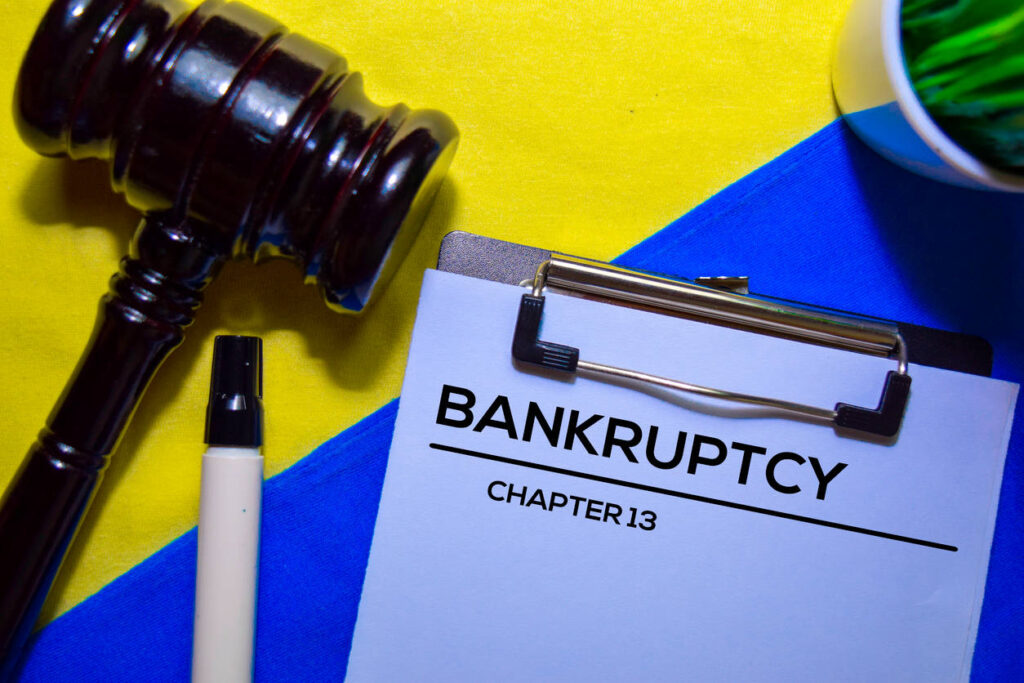The Benefits of a Chapter 13 Case
For individuals, a Chapter 13 case is often the best option when it comes to saving a home from foreclosure or stopping vehicle repossession.
A Chapter 13 case involves a repayment plan you prepare, which must be approved by the U.S. Bankruptcy Court, and typically lasts three to five years in most cases. The repayment plan allows you to reorganize and catch up on debts while not having to worry about credit collection actions against you. While there are some exceptions, in most cases the automatic stay kicks in the moment a case is filed and stops by law most collection activities such as foreclosure, repossession, lawsuits, and wage garnishments.
Here are some common types of plan provisions for different debts:
For mortgages, you can use the Chapter 13 plan to catch up on past due house payments over time while you resume regular monthly payments on your mortgage. Ideally, at the end of the Chapter 13 case, you will be current on your mortgage.
With vehicles loans or other debts with collateral, such as a furniture bill, you may be able restructure the debt and lower interest rates and even reduce the amount of the debt you are required to pay depending on the value of the property in many cases.
Priority debts such as taxes may be paid over the time of the plan. However, such debts often are not dischargeable, meaning you can’t eliminate all of it, although depending on the age of the taxes and whether or not a tax lien has been filed, you may be able to discharge some tax debts.
Student loans are rarely dischargeable, but you still get the benefit of an automatic stay for the duration of the Chapter 13 case, meaning a student loan creditor cannot take collection action against you or require you to make monthly payments. While you may have to handle the student loan after the Chapter 13 is completed, ideally you can catch up and eliminate other debts you have in the case, and you will be in a much better financial position to make payments on a student loan after the Chapter 13 is discharged.
Other debts such as credit cards and medical bills are unsecured (no collateral), and how much you must pay to unsecured debts in a Chapter 13 case depends on a variety of factors, such as your income and assets. Many debtors pay 0% to unsecured creditors, while others pay 100% of such debts, or somewhere in between. Even if you must pay a portion or all of unsecured debts, you typically are not required to pay interest on them, which can be a big benefit, especially when dealing with high interest credit cards.
Every Chapter 13 plan is individual and tailored to each person’s circumstances and considers your assets, debts, income, and expenses. The provisions listed above are common ways a Chapter 13 plan can benefit someone, but there may be other factors that could apply and provide benefit to you.
Filing a bankruptcy case is complicated, and you need an experienced bankruptcy attorney to help guide you through this process. Kimberly S. Ward has been representing people just like you for nearly 20 years in bankruptcy cases in Georgia.
Call 912-764-9616 or contact me at [email protected] to schedule your Free Consultation.
We serve Statesboro, GA and Bulloch County, as well as the surrounding counties of Screven, Candler, Emanuel, Evans, Jenkins, Bryan, Effingham, and Chatham.
Make the first step toward financial freedom!
We are a debt relief agency. We help people file for bankruptcy relief under the Bankruptcy Code. We provide federal debt restructuring help.
